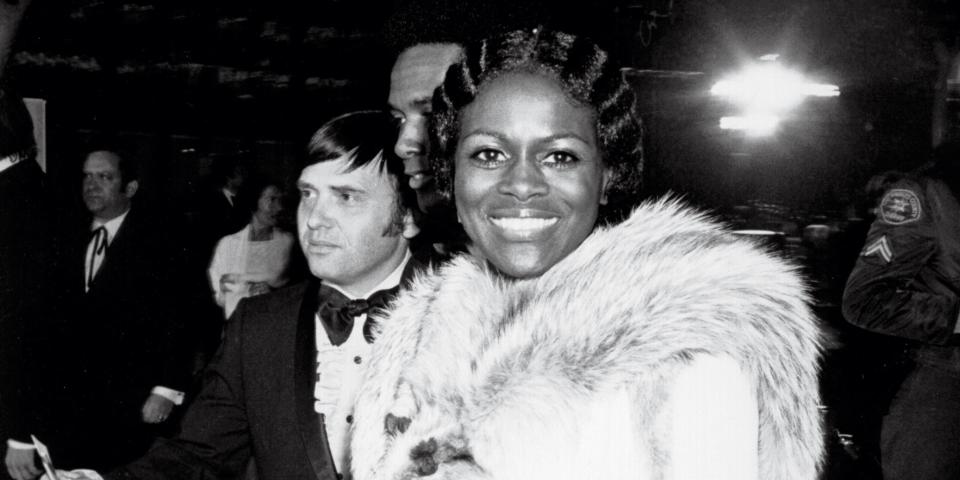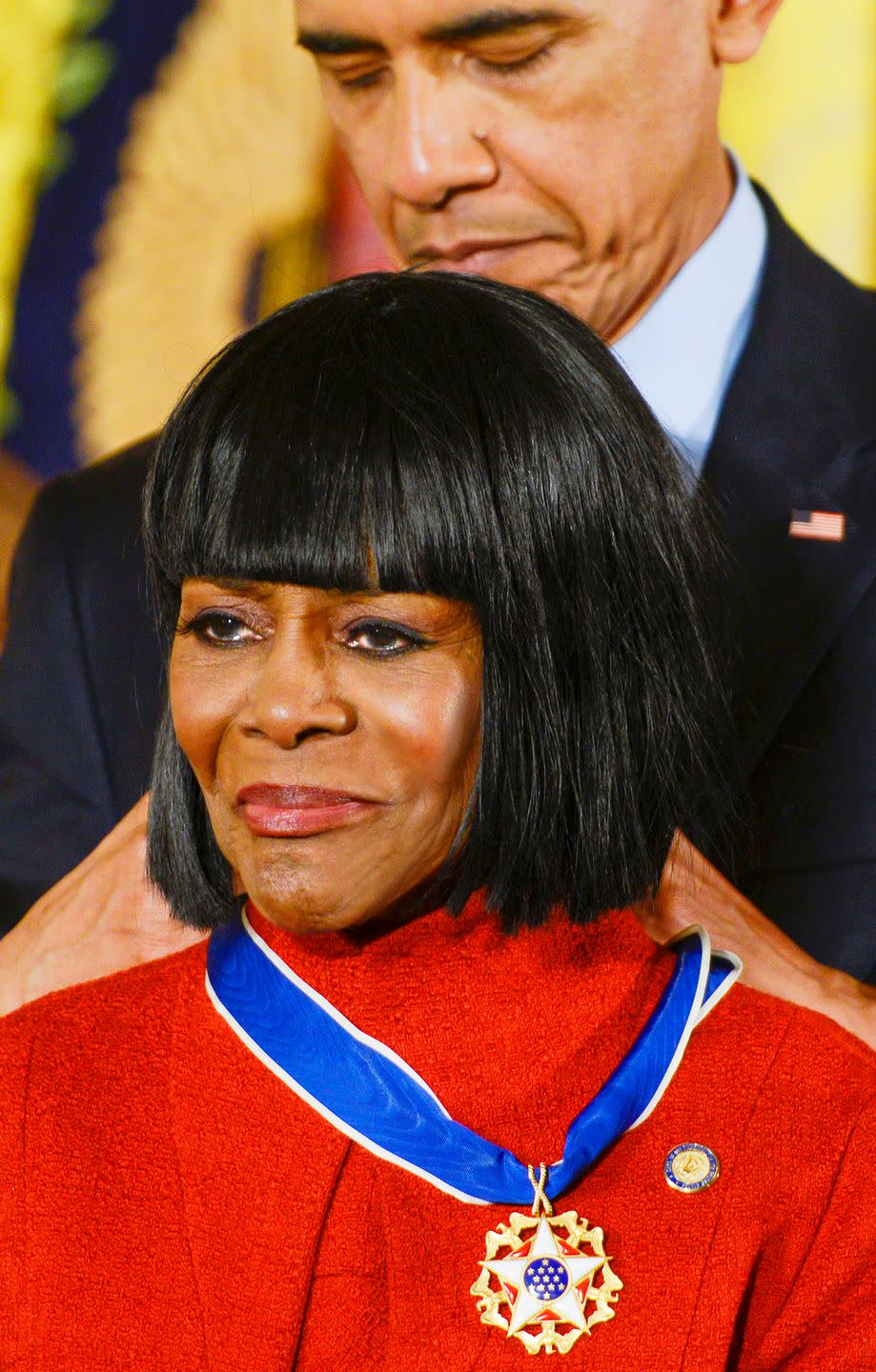What Cicely Tyson Can Teach Us About A Life Well Lived

Cicely Tyson has always been ahead of her time, and by dint of sheer will and faith she has forced the modern era to finally catch up with her. Now 96, she’s one of the few African-American artists of her generation to receive something approaching her due. In the past decade alone she has won a Tony, co-starred in a hit television series, been awarded the Presidential Medal of Freedom, and, adding to her extensive list of firsts, become the first Black woman to receive an honorary Oscar. All along, Tyson has been notoriously private, but this month she shares the story of her life—the successes and struggles, the loves and losses—with the publication of her memoir, Just As I Am.
Tyson’s is an odyssey worthy of one of the biopics in which she has starred. Born in Harlem in 1924 to a domestic worker and a handyman, both from the Caribbean island of Nevis, she began her working life as a model for Ebony magazine and a secretary. Her office job ended abruptly the day she stood up at her desk and declared, “I’m sure God didn’t intend me to sit at a typewriter.”
I have the privilege of knowing her as Aunt Cicely, my late mother Josephine Premice’s close friend and occasional colleague. (They appeared together in Broadway’s A Hand Is on the Gate and the television film The Autobiography of Miss Jane Pittman.) She was part of a circle of actresses who would gather in our living room to laugh and commiserate over the challenges of trying to develop as an artist in a society, at a time, and in a business that consigned Black people to the periphery.

(For those who marvel at Tyson’s preternaturally youthful looks, they’re the result of a lifetime of exercise and healthy eating. As a child I noted that while the other ladies quaffed champagne, Aunt Cicely sipped organic juice.)
With a career that began with the civil rights movement, she grew into one of its most effective warriors. She was the first noted Black actress to dispense with wigs and straighteners and wear her hair in an Afro, the first to star in a television series, the 1963 drama East Side/West Side, opposite George C. Scott.

But it was with her Oscar-nominated turn in the 1972 film Sounder that Cicely became the embodiment of Black womanhood and dignity. The story of a sharecropping family during the Depression, it marked a departure from the Blaxploitation action movies of the era, and Cicely’s performance as Rebecca, the stalwart wife, blazed a trail of possibility for ensuing generations. Angela Bassett, Lynn Whitfield, Viola Davis, Lupita Nyong’o, Kerry Washington, and Halle Berry are all her spiritual daughters.

In recent award acceptance speeches, Cicely has referred to all the contemporaries she has lost, from family to lifelong friends; at the 2013 Tonys she wondered aloud why she had been spared. We who are the beneficiaries of her seven-decade career know the answer: to walk in beauty on the road she helped to build and live to see justice prevail.
This story appears in the February 2021 issue of Town & Country.
SUBSCRIBE NOW
You Might Also Like

